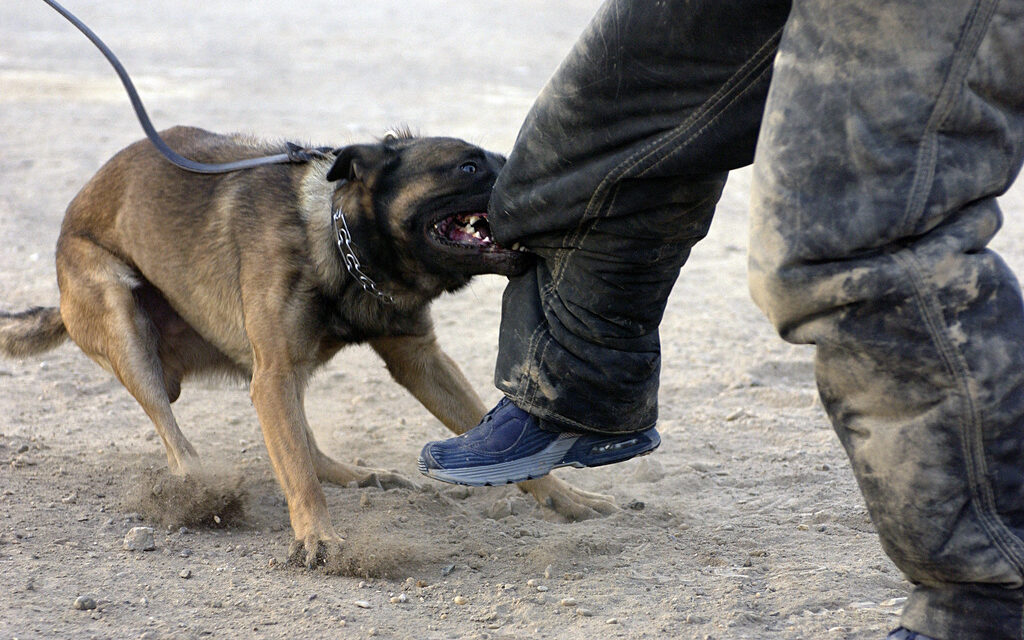States determine dog owners’ negligence based on the specific laws and legal standards established within their jurisdictions. The process of determining negligence generally involves looking at the circumstances surrounding the dog bite incident and assessing the actions or inactions of the dog owner.
Here are some factors that states may consider when determining a dog owner’s negligence:
- Knowledge of Aggressive Tendencies: States may examine whether the dog owner knew or should have known that their dog had aggressive tendencies. This could be based on the dog’s previous behavior, a history of aggression, or any warning signs of aggressive behavior.
- Containment and Restraint: States may assess whether the dog owner took reasonable measures to properly contain and restrain the dog. This could include using a leash or a fenced area to prevent the dog from wandering freely in public spaces.
- Warning Signs: If the dog had previously shown aggressive behavior or bitten someone before, the owner’s failure to display warning signs (such as posting “Beware of Dog” signs) might be considered negligent.
- Supervision: States may evaluate whether the owner exercised appropriate supervision over the dog, especially in situations where the dog was known to be aggressive.
- Compliance with Local Laws: Dog owners are often required to comply with local ordinances and leash laws. Failure to adhere to these regulations might be considered negligent if it contributes to a dog bite incident.
- Provocation: Some states also consider whether the victim provoked the dog before the incident. If the dog was provoked, the owner’s liability might be reduced or eliminated.
- Comparative Fault: Some states follow a comparative fault system, where the negligence of both parties involved in the incident is considered. If the victim’s actions contributed to the dog bite, their compensation may be reduced proportionally.
It’s important to remember that dog bite laws and the determination of negligence can differ significantly from one state to another. Some states have specific statutes that outline the criteria for establishing negligence in dog bite cases, while others rely on common law principles. The legal process for determining negligence can also involve evaluating evidence, witness testimonies, and expert opinions.
If you are involved in a dog bite incident, seeking legal counsel from an experienced attorney in your jurisdiction is essential. An attorney can help navigate the complexities of the law, assess the evidence, and protect your rights while pursuing compensation for damages.





